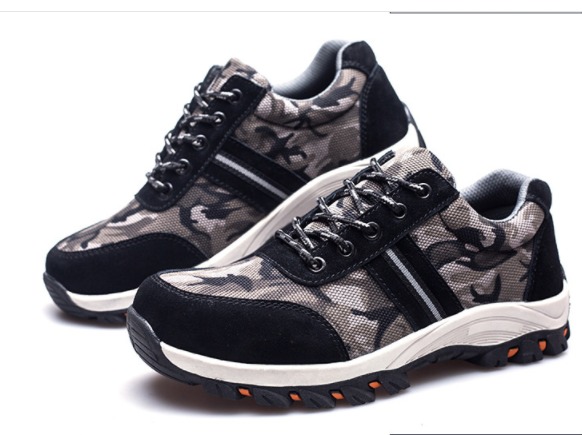Introduction: As environmental consciousness continues to grow, many individuals and industries seek eco-friendly alternatives for their everyday needs, including work boots. In this blog, we explore sustainable practices and eco-friendly options available in insulated work boots, helping you make environmentally responsible choices without compromising on performance.
- Sustainable Materials: Several eco-conscious boot manufacturers are now incorporating sustainable materials into their insulated work boots. For example, some brands use recycled polyester, which significantly reduces the demand for new raw materials. Additionally, natural fibers such as organic cotton or wool are used in linings, promoting biodegradability and reducing environmental impact.
- Eco-Friendly Insulation: While traditional insulation materials like Thinsulate™ and PrimaLoft® offer excellent thermal properties, some companies have developed eco-friendly alternatives. These may include bio-based insulating materials derived from renewable sources, like plant-based fibers or recycled PET (polyethylene terephthalate) bottles transformed into insulation.
- Responsible Manufacturing Processes: Eco-friendly insulated work boot manufacturers often adopt responsible manufacturing practices to minimize their carbon footprint. This may include using energy-efficient production techniques, reducing water consumption, and implementing recycling programs for waste materials.
- Extended Product Lifespan: Sustainability also extends to the durability and longevity of insulated work boots. High-quality, long-lasting boots reduce the need for frequent replacements, ultimately decreasing waste generation. Investing in durable work boots and properly maintaining them helps ensure they stay functional for an extended period.
- Certifications and Standards: When seeking eco-friendly insulated work boots, look for certifications and standards that validate their sustainability claims. Certifications like bluesign® and Global Recycled Standard (GRS) provide assurance that the boots meet specific environmental criteria.
- End-of-Life Considerations: Eco-conscious manufacturers may also incorporate plans for the end-of-life phase of their products. Some offer recycling programs or guidance on proper disposal methods, ensuring that the boots have minimal impact on the environment when they reach the end of their useful life.
Conclusion: Choosing eco-friendly insulated work boots allows you to contribute to sustainable practices while enjoying the benefits of high-performance footwear. By considering sustainable materials, responsible manufacturing processes, extended product lifespan, certifications, and end-of-life considerations, you can make a positive impact on the environment while keeping your feet warm and safe in your work environment.







